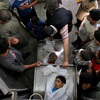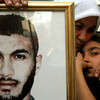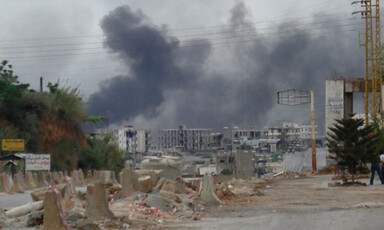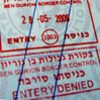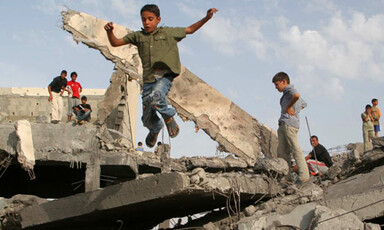
For a Secular Democratic State
3 June 2007
For, having unified all of what used to be Palestine (albeit into one profoundly divided space) without having overcome the Palestinian people’s will to resist, Zionism has run its course. And in so doing, it has terminated any possibility of a two-state solution. There remains but one possibility for peace with justice: truth, reconciliation — and a single democratic and secular state, a state in which there will be no “natives” and “settlers” and all will be equal; a state for all its citizens irrespective of their religious affiliation. Saree Makdisi comments. Read more about For a Secular Democratic State
